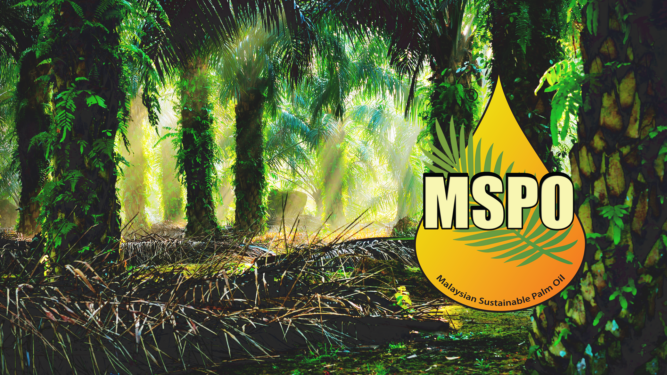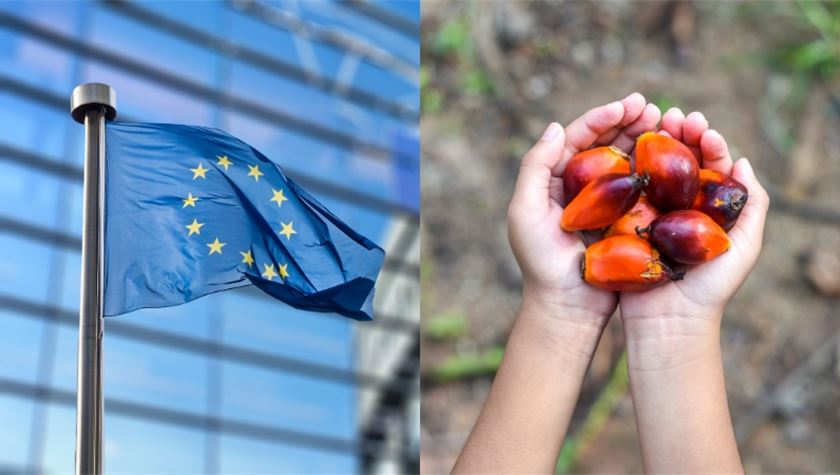THE Malaysian Palm Oil Council (MPOC) has called on the European Union (EU) to shelve its proposed EU Deforestation Regulation (EUDR) which is slated for January 2025.
“The EU Commission should now do the right thing by listening to the ever-growing calls for a delay to the EUDR,” MPOB’s CEO Belvinder Kaur Sron pointed out in a media statement.
“A delay is now the only way to ensure small farmers are supported to provide stability for businesses, EU member states and governments around the world, and to avoid a chaotic implementation of EUDR in January 2025.”

For the record, Malaysia has consistently urged the EU authorities and other stakeholders to recognise that the EUDR discriminates against the developing world, and particularly that a delay is inevitable given the implementation date of Dec 30 this year “is unworkable”.
This is so because EUDR requires all palm oil imports to the EU to provide huge quantities of data, including on geo-location, ‘polygon’ mapping of plantations, due diligence statements as well as other burdensome administrative requirements.
“Other governments, industries and experts have supported this position – both inside the EU and in other countries around the world. Developments this week in Europe itself have lent further support to the calls for a delay,” asserted MPOB.
EUDR is a non-tariff barrier that will add significant administrative costs and burdens in addition to the risks of small farmers of palm oil in Malaysia be forced out of supply chains because they do not have the technical capacity to provide all of the data demanded by EUDR.
“The EU has also not provided clear guidelines for compliance even though the implementation deadline is in less than four months,” added MPOB.

In this regard, MPOB wants the EU to urgently undertake the following steps to address the flaws of the EUDR by:
- Providing a genuine and wide-ranging exemption for smallholders to prevent their exclusion from supply chains;
- Publishing specific and credible criteria so that proven sustainable commodities such as Malaysian palm oil can be identified as ‘low risk’; and
- Accepting the Malaysian Sustainable Palm Oil (MSPO) standard as a compliance tool for EUDR to ease market access for proven zero-deforestation palm oil.
Glenauk Economics estimates the cost of EUDR for the palm oil sector to be US$650 mil annually with US$260 mil of costs burdening small farmers specifically.
Malaysia’s MSPO standard already guarantees legality and zero-deforestation commitments while also supporting small farmers. Therefore, accepting MSPO is a better route for the EU to ensure its environmental objectives. – Sept 19, 2024
Main image credit: The Parliament Magazine









